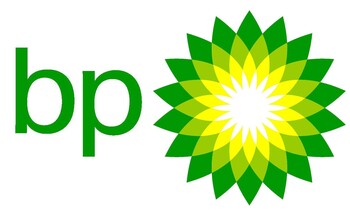 14 December 2011, Sweetcrude, Vienna – The Organisation of Petroleum Exporting Energy Countries (OPEC) decided, Wednesday, for the first time in three years, to increase its production ceiling to 30 million barrels per day, but, the group will not set individual quotas for each member.
14 December 2011, Sweetcrude, Vienna – The Organisation of Petroleum Exporting Energy Countries (OPEC) decided, Wednesday, for the first time in three years, to increase its production ceiling to 30 million barrels per day, but, the group will not set individual quotas for each member.
The new quota is for all members, including Iraq and Libya, and compares with actual November production from those 12 nations of 30.37 million barrels a day, according to OPEC estimates.
The target will be reviewed at its next meeting on June 14 and replaces a previous target for 11 OPEC nations, excluding Iraq, of 24.845 million.
“We have an agreement to maintain the market in balance and we’re going to adjust the level of production of each country to open space for Libyan production,” Venezuelan Energy Minister Rafael Ramirez said in Vienna after OPEC’s conference ended today.
OPEC is raising its quota to more closely match current production while at the same time gauging the possibility of a slowing global economy and rising Libyan supply.
Its last meeting in June broke up without consensus when six members including Iran and Venezuela opposed a formal push to pump more oil. Saudi Arabia and other Gulf nations went ahead anyway and increased supply to make up for halted Libyan exports.
No National Quotas
The group won’t set individual quotas for each member nation, a person with knowledge of OPEC policy said earlier today while the ministers were still in talks. Nigerian Petroleum Minister Diezani Alison-Madueke also said after the meeting ended that OPEC didn’t discuss national quotas.
“Ultimately, what matters is actual production and not national quota levels,” Harry Tchilinguirian, head of commodity-market strategy at BNP Paribas SA in London, said by e-mail. The new limit makes sense given that it now includes Iraq, which hitherto was outside the quota system.
“As such, the market be monitoring progress in the return of Libyan oil exports to the market and increases in Iraqi production” as foreign oil companies expand output at existing oil fields and develop new ones, he said.
Only three out of 26 traders and analysts surveyed by Bloomberg News Dec. 6-8, expected OPEC to raise the group’s quota. Of the remainder, 21 had predicted no change in official targets and two made no forecast on quotas, preferring instead to predict production levels.
‘Loose Agreement’
“It is a loose agreement” with no new figures for individual member quotas, said Torbjoern Kjus, an oil-market analyst at DnB NOR ASA in Oslo, said in an e-mail. Kjus said Saudi Arabia is unlikely to cut its own production by as much as would be needed to keep the group total under 30 million barrels a day and ” we hence maintain our view that oil prices will fall below $100 a barrel during the first quarter of 2012.”
Brent crude for January delivery plunged $3.33, or 3 percent, to $106.17 a barrel as 4:02 p.m. London time on the ICE Futures Europe exchange. Prices are up 12 percent this year after gaining 8 percent in 2010.



